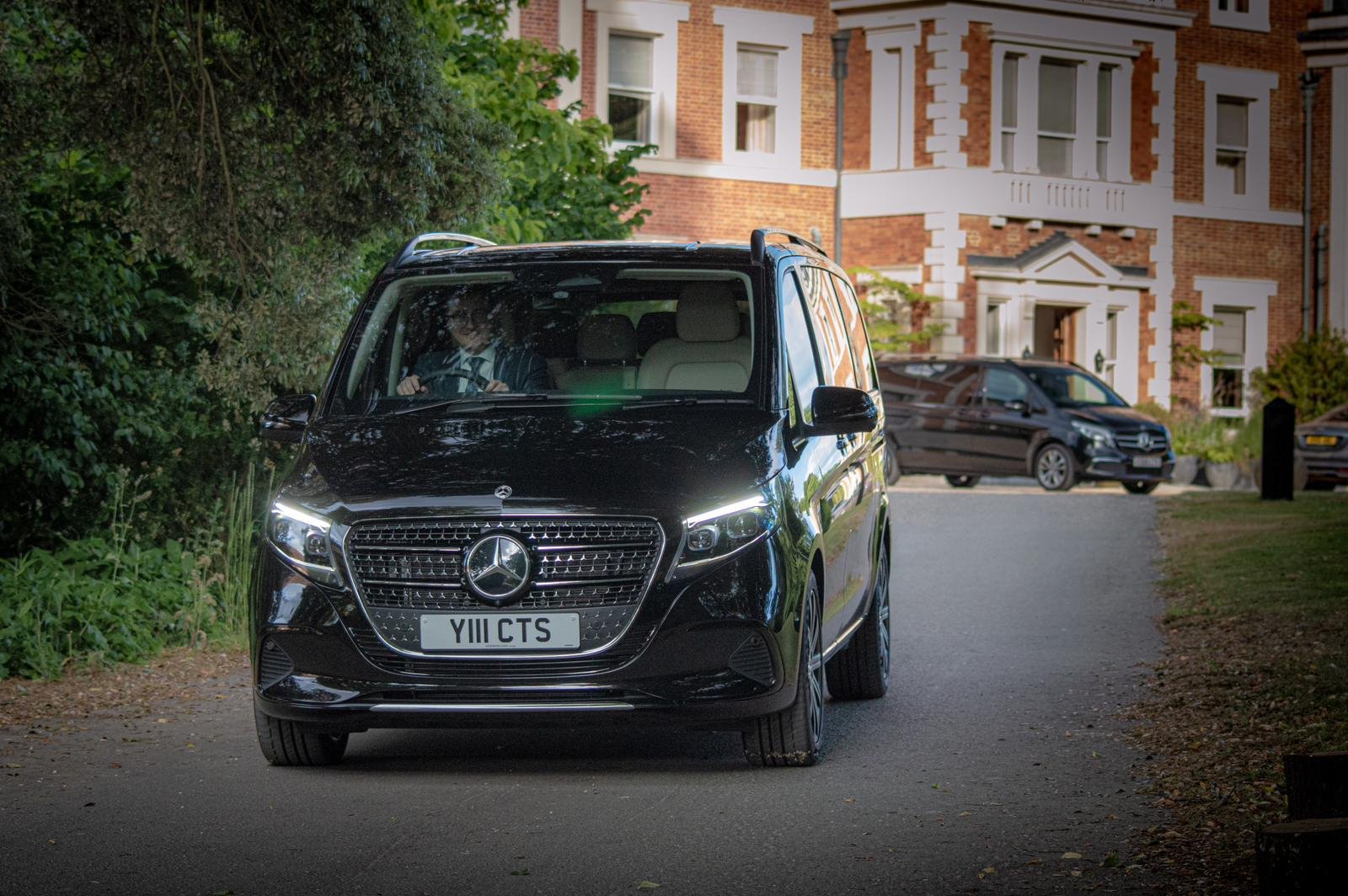A chauffeur plays a pivotal role in providing luxury transportation services, ensuring that clients travel in comfort, safety, and style. While driving may be the primary duty, a professional chauffeur’s role encompasses much more than just navigating from point A to point B. The roles and responsibilities of a chauffeur extend to creating a premium, personalized experience for their passengers, often catering to high-profile or VIP clients.
Here’s an in-depth look at the key roles and responsibilities of a chauffeur:
1. Safe and Efficient Driving
The primary responsibility of a chauffeur is to ensure the safety of passengers while driving. This includes obeying traffic rules, adhering to speed limits, and ensuring that the vehicle is driven smoothly and efficiently. A chauffeur must have a deep knowledge of road conditions, alternative routes, and high-traffic areas to avoid delays and ensure punctuality.
2. Timeliness and Reliability
A chauffeur’s ability to be punctual is critical. They must plan their routes carefully and account for possible delays like traffic or weather conditions. Whether for airport pickups, business meetings, or personal events, timely chauffeur service is a hallmark of a professional London chauffeur. This means arriving ahead of the scheduled time and being prepared to adjust plans based on the client’s needs.
3. Vehicle Maintenance and Cleanliness
The roles and responsibilities of a chauffeur includes to upkeep of their vehicles, ensuring that they are clean, well-maintained, and in top working condition. This involves regular inspections, fueling, and ensuring that all necessary repairs and services are completed. A clean and presentable vehicle enhances the client’s travel experience and reflects the professionalism of the service.
4. Providing a Personalized Experience
A chauffeur offers more than just transportation; they curate a personalized experience for each client. Whether adjusting temperature settings, offering refreshments, or ensuring a smooth ride, attention to detail is key. For VIP clients, confidentiality, discretion, and professionalism are especially important, and chauffeurs often sign confidentiality agreements to safeguard the privacy of their passengers.
5. Discreet and Professional Service

Chauffeurs often serve high-profile individuals who value discretion. Whether driving celebrities, executives, or politicians, maintaining a professional demeanor and ensuring privacy is essential. A chauffeur must always maintain confidentiality about the client’s travel plans and personal information.
6. Assisting Passengers with Luggage and Comfort
From helping clients with their luggage to opening doors and ensuring a smooth entry into the vehicle, chauffeurs are expected to provide a high level of customer service. They may also assist with directions, carry personal items, or offer advice on the best routes and destinations.
7. Navigating and Route Planning
Expert knowledge of local areas, alternate routes, and the best places to visit is crucial for a chauffeur. They must stay informed about road closures, construction, or traffic delays and be able to adapt quickly to avoid disruptions. Navigating city streets or long-distance routes efficiently ensures that the client arrives at their destination promptly.
8. Excellent Communication and Etiquette
Polished communication skills are a must for a chauffeur. They must be able to interact professionally with clients while respecting their personal space. Courteous greetings, polite conversation, and following the client’s preferences for interaction (whether chatty or quiet) are important aspects of the job.
9. Adherence to Client Preferences
Chauffeurs often work with recurring clients who have specific preferences. Whether it’s music choices, seating arrangements, or the preferred speed of driving, a good chauffeur remembers these details and ensures a consistent experience every time. They must adapt to individual needs and deliver a personalized service.
10. Handling Emergencies and Challenges
Chauffeurs must remain calm and composed in challenging situations. Whether dealing with road accidents, unexpected traffic, or vehicle breakdowns, they are responsible for making quick decisions that ensure the safety of their passengers. A chauffeur is trained to handle emergencies professionally, always prioritizing client safety and comfort.
Conclusion
The role of a chauffeur extends far beyond just driving a vehicle. It involves delivering a luxury, tailored service where every detail is considered, from timeliness and safety to personal comfort and discretion. A professional chauffeur must be highly skilled, reliable, and dedicated to providing an exceptional experience, making each journey enjoyable and stress-free for their passengers.


